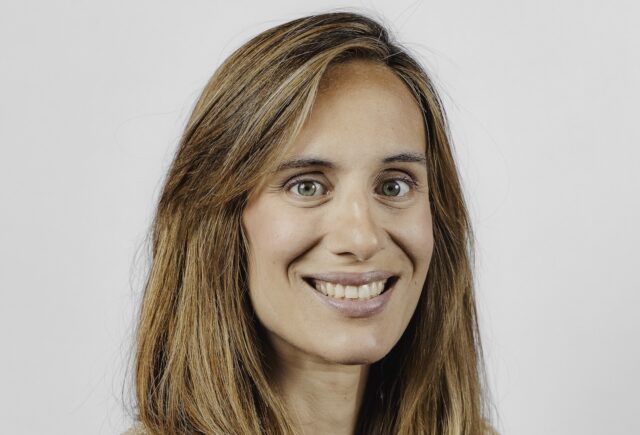Private equity firm Mentha has launched what is says is the first impact buy-out fund to target the Benelux region, announcing a first close of €100m.

Amsterdam-based private equity firm Mentha has launched the €140m Mentha Impact Fund I, which it said was the first to target the Benelux region.
The fund, which has reached a first close of €100m, has attracted commitments from a range of investors, including high net worth individuals, pension funds and fund of funds, and is the firm’s first impact fund since its launch in 2006. The firm said it was not in a position to name any of its investors.
Edo Pfennings, co-founder of Mentha and partner for the firm’s impact business, told Impact Investor that the fund would invest into 10 to 12 small to medium-sized enterprises in the Benelux region and Denmark with revenues between €5m and €100m, and that it was on track to announce its first acquisition in the next two weeks.
The majority of investments will be buyouts, although Pfennings said his team would also look to provide growth capital for companies in which it could hold a significant minority stake.
“We will also consider controlling minority stakes where we can have a meaningful say in the direction the company is taking. We do not want to get into crowded cap tables,” he said.
The fund will focus on generating impact in resource efficiency, sustainable industries and energy transition and Pfennings said he expected the fund to reach final close in the next two months.
Supporting the transition to circularity
Pfennings said that the fund did not have Article 9 status because of the decision to support ‘brown’ companies in their transition to a more sustainable business model.
“There’s a lot of focus on developing climate tech, which is crucial, but we still need to wear clothes, we still need to eat. Many of the businesses supplying our basic needs will also need to transition,” he said, adding that the transition to a more sustainable economy could not be achieved by focusing only on new and disruptive technologies.
“We need a shift in existing businesses and technologies to take place,” he said.
Pfennings gave the example of batteries where the use case of the technology has vastly changed and diversified over the years.
“Companies which have been operating in the field for decades, can now use that technology and their knowledge to, for example, electrify equipment or store energy. Investing in existing tech also decreases the financial risk as you’re not backing a technology that still needs to prove itself,” he added.
The fund’s focus on sustainable industries is where Pfennings said the more “brown to green strategies would sit”.
“It’s about investing in existing businesses that are changing their processes or production technologies to use less energy and other resources. So, it’s not about the end product but how it gets made,” he added.
In the area of resource efficiency the fund will invest in businesses targeting circularity, as well as refurbishment and reuse, and in the area of energy transition, the focus will be on companies operating in fields such as renewable energy and energy efficiency, including insulation.
Impact methodology: the Dutch household equivalent
The launch of the impact fund follows the launch of seven other buy-out funds. Although not impact focused per se, Pfennings said the teams managing the funds had a focus on improving sustainability across their portfolio of investments and were early adopters of ESG.
“We’ve always tried to do things differently. Early on in our buyout journey we decided that people and planet was a central consideration and we needed to take a responsible view on the companies we invested in,” he said.
“We also help companies improve their sustainability whether its by putting solar panels on factory roofs or by improving their purchasing strategies. The impact fund is a natural extension of what we were already doing, but stepping up a level.”
The step up to impact has also seen the company develop a proprietary impact methodology, which compares impact achieved, for example CO2 emissions avoided or water saved, with the equivalent CO2 emitted or water used by a typical Dutch household.
“Our impact methodology can include multiple KPIs, from carbon footprint and land use to water use or production of e-waste. We aim to translate the positive impact our companies have and compare that to the equivalent of a Dutch household. The impact needs to meet the threshold of at least 1000 households before an investment is considered,” Pfennings explained.






